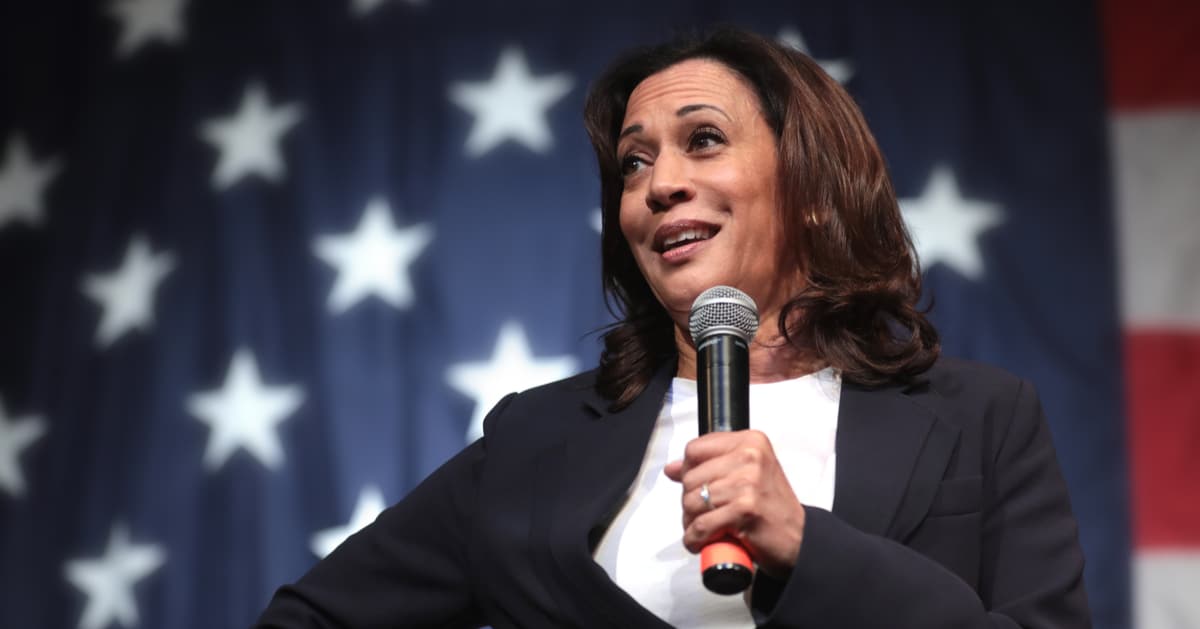Hajipour, celebrated for his impactful protest song “Baraye,” received a Grammy Award in absentia from Jill Biden in 2023. The song was inspired by the tragic events following the death of Mahsa Amini, who died under the custody of Tehran’s religious police. The recognition by the U.S. First Lady was intended as a commendation of artistic expression and resistance.
Escalation of Tensions: Iran’s Coercion Tactics Exposed
Reports suggest that the Iranian regime is using Hajipour’s artistic prominence to send a stark message to the U.S. by demanding the creation of an anti-U.S. anthem. This action is perceived not just as a reprisal against the U.S. but as a broader tool of domestic repression, a tactic long employed by the Khameinists within Iran.
The targeted selection of Hajipour, who accepted his prestigious award from Jill Biden, is regarded as a direct insult to the U.S. administration. Observers have noted, “But that they chose this artist, to create their propaganda sends a clear signal to the president. We laugh at you and your pathetic efforts against us.”
Iran’s history with such coercive actions reflects its longstanding agenda against what it perceives as Western imposition, tying back to the broader narrative of its geopolitical motivations and maneuvers.
President Biden’s Diplomatic Endeavors With Iran
President Biden has sought to renew diplomatic ties with Iran, resurrecting efforts initially set in motion during Obama's presidency with the 2016 nuclear deal. His administration tried to incentivize Tehran through financial benefits and the relaxation of sanctions in hopes of mitigating Iran's state-sponsored terrorism and encouraging compliance with international nuclear agreements.
Despite the leniency shown by the U.S., responses from the Iranian side have been less than cooperative. Recent actions, like compelling Hajipour to write an anti-U.S. song, underscore the defiance and resistance from Tehran against the U.S. diplomatic overtures.
Frustrations with Iran have escalated notably under Biden’s administration due to tepid responses to aggressive actions by Iranian proxies in regional conflicts.
This includes an incident on October 7 when Iranian proxies killed three American soldiers in Jordan, leading to a response from the U.S. that many considered insufficiently forceful.
Regional Stability Under Threat: Iranian Proxy Attacks
In another significant incident straining U.S.-Iran relations, Houthi forces, aligned with Iran, attacked a British-owned commercial ship which subsequently sank in the Red Sea in mid-February.
This event not only raised alarms about maritime security but also highlighted the continuous threats posed by Iranian proxies in regional conflicts, particularly in Yemen.
Observers describe the attack as a blatant affront that should have drawn a more decisive response from the U.S., with one remarking, “That vicious attack on our closest European ally should have been a massive red line for the White House.”
The overlap of Iranian domestic and foreign policy through such aggressive diplomacy illustrates the complex layers of Iran's stance towards the U.S., intertwining local repression with international antagonism.
Conclusion:
In conclusion, the forced involvement of Shervin Hajipour in a campaign against the U.S., his esteemed recognition by the First Lady, and the subsequent diplomatic responses reflect a multi-faceted saga of political art, power plays, and international relations. As tensions unfold, the global community watches closely, assessing the depths of Iran's strategies and the resilience of U.S. foreign policy under President Biden.








